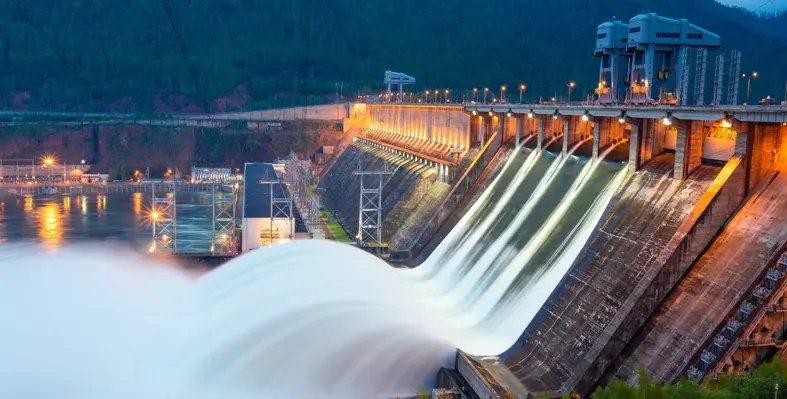Eswatini has launched construction on its first privately funded hydroelectric power plant, marking a significant milestone in the country’s energy sector
Led by South African renewable energy firms African Clean Energy Developments and Energy Infrastructure Management Services (EIMS Africa), the project is set to supply electricity to roughly 11,000 homes. The plant’s first power generation is anticipated by late 2026.
Hydropower investment milestone
According to Michael Wickins, chief commercial officer at EIMS Africa, the project’s procurement process dates back to 2004. Large-scale infrastructure projects of this nature typically take six to eight years to complete, and this initiative faced additional complexities as Eswatini’s first privately owned hydroelectric plant and EIMS Africa’s initial venture into hydropower.












